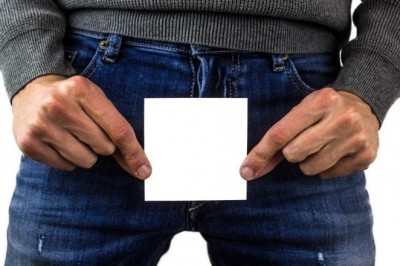Valerian Use as Sleep Aid and as an Anxiety Fighter
What Is Valerian?
For centuries, the tall perennial herb with pinkish flowers known as valerian (Valeriana officinalis) has been enlisted to help restless insomniacs get a sound nights sleep. Today this mild, nonaddictive sedative is quite popular both as a sleep aid and as an anxiety fighter, particularly in Germany, France, Belgium, and the United Kingdom. And in recent years its popularity has grown enormously in the United States as well.
Health Benefits of Valerian:
Although there has long been controversy over what makes valerian so effective as a relaxant, it is increasingly accepted that this herb does, in fact, work as the ancients once claimed it did. In addition to promoting sound sleep, valerian has a reputation for easing anxiety and relaxing tense muscles. It may also have a role to play in relieving digestive conditions, such as diverticulosis and irritable bowel syndrome.
Valerian added to bath water in the form of a very strong herbal tea or as an essential oil is said to have a calming effect, although specific scientific evidence is sparse.
Specifically, Valerian may help to:
Improve sleep.
In the brain, valerian is thought to bind to receptors for a nerve chemical called GABA (gamma-aminobutyric acid). By blocking some nerve impulses from reaching the brain, the herb seems to shorten the amount of time it takes to fall asleep as well as improve the quality of sleep that results. And, unlike some of the more commonly prescribed sleep medications, Valerian is not addictive. Nor does it cause morning grogginess (when taken at recommended doses), as some prescription drugs do.
Numerous studies of insomniacs have shown that those who take valerian fall asleep faster than participants given a placebo. The quality of sleep improves as well, according to several recent studies. In one placebo-controlled trial of 27 people with insomnia, Swedish researchers found that 89% of those who were given a valerian preparation reported improved sleep, with 44% rating their sleep as perfect.
Even more impressive results emerged from a well-designed 1996 trial involving 121 insomnia sufferers. Among the benefits of Valerian root extract taken one hour before bedtime (2 tablets of 300 mg each): significantly improved sleep quality, ream recall, and sense of psychological well-being.
Valerian may also be useful for people without insomnia per se.
In a 1983 trial that involved 128 healthy people, those assigned to take a valerian root preparation were far more likely to fall asleep faster than those given a placebo. The Valerian group also tended to stay asleep longer. Overall sleep quality improved significantly, particularly in those who rated themselves as poor sleepers to start with.
Reduce nervous tension, anxiety, and restlessness.
German health authorities endorse the use of valerian for restlessness and sleeping disorders that are caused specifically by nervous conditions. In fact, anyone who suffers from stress, panic attacks, or other nervous conditions may want to give Valerian a try.
Valerian is thought to lessen anxiety because in blocking brain receptors for the neurotransmitter GABA, it also inhibits nerve impulses and stress-related messages from reaching the brain. More research is needed, however.
Lessen stomach cramps and improve digestive system disorders.
Animal testing and clinical research indicates that Valerian has antispasmodic properties. This may explain why its valuable for countering spasms of the muscle tissue in the digestive tract and easing the intestinal pain that frequently accompanies irritable bowel syndrome. The herbs calming effect may also contribute to healing; after all, many digestive disorders are provoked by stress.
Forms of Valerian Available:
1. Tincture
2. Tablet
3. Softgel
4. Liquid
5. Dried herb/tea
6. Capsule
CLick here for more Information and for buyers guide: Valerian.com




























